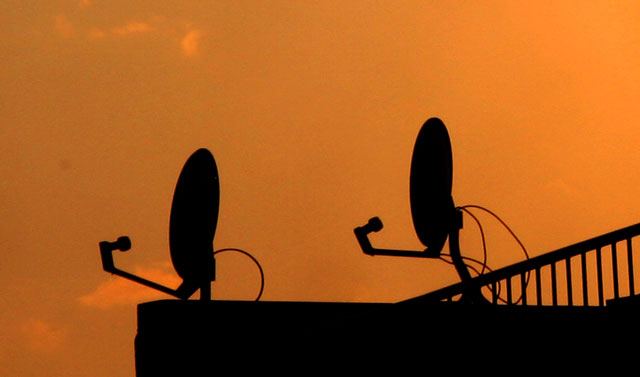
The Independent Communications Authority of South Africa (Icasa) is facing a legal challenge from GauTV, a prospective broadcaster it denied an operating licence in 2012.
Mzansi Community Satellite, trading as GauTV, sought the licence from Icasa to provide satellite-based television to Gauteng viewers.
It says the authority’s decision not to grant it a licence was unfair and not in keeping with the relevant legislation.
GauTV filed papers at the high court in Johannesburg on 22 February challenging Icasa’s decision. The company applied for a seven-year community television broadcasting service licence. It planned to offer local content only.
The company’s grounds for the review are that Icasa’s decision to refuse it a licence was taken for reasons “not authorised by the empowering legislation”, because “irrelevant considerations were taken into account and relevant considerations were not considered”. It says, too, that the decision was not “rationally connected” to the information supplied by GauTV in its application. Icasa’s decision was “unreasonable” and was “taken arbitrarily”.
Citing the objectives of the Electronic Communications Act, GauTV argues in its application that Icasa can refuse an application only if it doesn’t include all necessary information or contains false or misleading information.
Furthermore, when an application is refused, Icasa must provide written reasons for the refusal within 60 days and provide the registrant an opportunity to correct and resubmit the registration.
GauTV’s application was submitted on 9 November 2011. On 6 March 2012, Icasa decided to subject the application to public consultation with submissions needing to be submitted the following month. Only M-Net made a written representation, which GauTV responded to on 25 May 2012.
On 22 August last year, GauTV received a letter from Icasa advising it that its application had been refused and inviting it to correct and resubmit it.
Icasa’s reasons for declining the licence were that that size of the proposed audience was too large for a community-based service, the business plan was not realistic or feasible, and it was not in the public interest to have competing set-top boxes in the market while South Africa was moving from analogue to digital terrestrial television.
GauTV says it was advised by Icasa to wait for digital television to become available to new community broadcast services. But it argues Icasa didn’t include any timeframes for the move to digital or any information on the requirements for a licence on the new terrestrial platform.
Icasa, it says, “cannot rely on a policy yet to be adopted as a reason to refuse to grant a licence”, adding that the authority does not have the power under the Electronic Communications Act to require that GauTV resubmit its application at “some future unknown date”. It says doing so “is tantamount to depriving [GauTV] of its opportunity to correct and resubmit its registration”.
Icasa must still file its answering affidavit, which it’s expected to do in the next two weeks. — (c) 2013 NewsCentral Media




